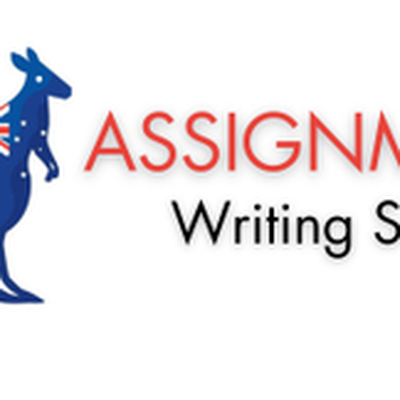Notifications
ALL BUSINESS
COMIDA
DIRECTORIES
ENTERTAINMENT
FINER THINGS
HEALTH
MARKETPLACE
MEMBER's ONLY
MONEY MATTER$
MOTIVATIONAL
NEWS & WEATHER
TECHNOLOGIA
TV NETWORKS
VIDEOS
VOTE USA 2026/2028
INVESTOR RELATIONS
DEV FOR 2025 / 2026
ALL BUSINESS
COMIDA
DIRECTORIES
ENTERTAINMENT
FINER THINGS
HEALTH
MARKETPLACE
MEMBER's ONLY
MONEY MATTER$
MOTIVATIONAL
NEWS & WEATHER
TECHNOLOGIA
TV NETWORKS
VIDEOS
VOTE USA 2026/2028
INVESTOR RELATIONS
DEV FOR 2025 / 2026
About Me
 markash parker
markash parker Hello, I'm Markash Parker, and I am passionate about helping students achieve their academic goals through high-quality assignment writing services. Over the years, I have dedicated myself to offering comprehensive best assignment help to students who seek to excel in their studies but face challenges along the way. In this article, I will share how my services can transform your academic journey and lead you to success.
Posted by - markash parker -
on - June 26, 2024 -
Filed in - Other -
online assignment help best assignment help -
381 Views - 0 Comments - 0 Likes - 0 Reviews

In the journey of academic success, the ability to produce well-crafted assignments is pivotal. Whether you're tackling essays, research papers, or case studies, the quality of your writing can significantly impact your grades and overall academic performance. Leveraging the best assignment help and online best assignment help can provide invaluable support, but mastering effective writing strategies is equally crucial. This article explores key writing strategies to elevate your assignments and achieve academic excellence.
One of the first steps in creating an outstanding online assignment help is thoroughly understanding the prompt. This involves:
Identifying Keywords: Highlight important words and phrases that indicate the focus of the assignment. Terms like "analyze," "compare," "discuss," or "evaluate" dictate the approach you should take.
Clarifying Objectives: Determine what the assignment aims to achieve. Are you supposed to argue a point, explore a concept, or solve a problem? Knowing the objective helps shape your research and writing strategy.
Each assignment comes with specific guidelines regarding format, length, and citation style. Adhering to these guidelines is essential:
Research is the backbone of any well-written assignment. To gather credible information:
Effective organization of research notes can streamline the writing process:
A clear and concise thesis statement sets the direction for your assignment. It should:
To refine your thesis statement:
An outline provides a framework for your assignment:
To maintain coherence and flow:
Clarity and precision are essential for effective academic writing:
Using active voice can make your writing more engaging:
While both are grammatically correct, active voice is generally preferred for its directness and clarity.
Proper citation of sources is crucial to avoid plagiarism and give credit to original authors:
Use quotes, paraphrases, and summaries effectively:
Revising and editing are critical steps in refining your assignment:
Feedback from others can provide new perspectives:
The best assignment help platforms can provide invaluable support:
To get the most out of online assignment help:
Elevating your assignments through effective writing strategies and leveraging the best assignment help solutions can significantly impact your academic achievement. By understanding assignment requirements, conducting thorough research, crafting strong thesis statements, and writing with clarity and precision, you can produce high-quality assignments that reflect your academic abilities. Additionally, using online assignment help platforms can provide expert support, personalized guidance, and valuable insights to further enhance your academic performance. Embrace these strategies to streamline your studies and achieve academic excellence.
